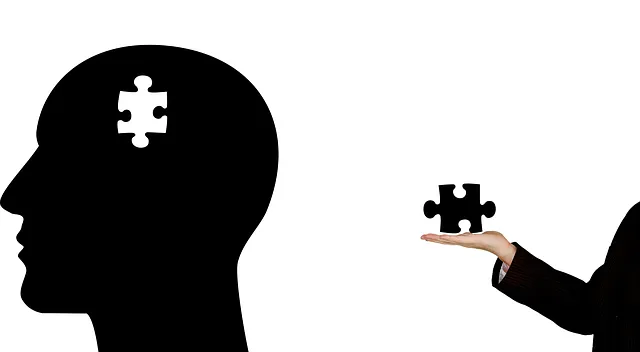The media's influence on mental health perception is profound, with positive representations reducing stigma and encouraging support-seeking. In Louisville, Kaiser Permanente's dedicated behavioral health phone line offers direct access to professionals, promoting proactive mental wellness management. By challenging negative stereotypes through diverse storytelling and accurate depictions of symptoms, media can empower individuals to take control of their mental health, utilizing resources like the Louisville Kaiser Permanente phone number for guidance. This approach benefits both consumers seeking help and mental health professionals by easing risk management concerns.
Mental illness representation in media significantly influences public understanding and awareness. This article explores the impact of media portrayal on mental health, highlighting challenges and offering solutions. We delve into strategies to enhance positive mental illness representation, using Louisville Kaiser Permanente Behavioral Health Phone Number as a key resource for support and guidance. By examining these approaches, we aim to foster more accurate and empathetic depictions of mental health in the media.
- Understanding the Impact of Media Portrayal on Mental Health Awareness
- Louisville Kaiser Permanente Behavioral Health Phone Number: A Resource for Support
- Strategies to Enhance Positive Mental Illness Representation in Media
Understanding the Impact of Media Portrayal on Mental Health Awareness

The media plays a pivotal role in shaping public perception about mental health, which significantly influences how individuals with these conditions are treated and supported. Positive and accurate representation can foster empathy, reduce stigma, and encourage those struggling to seek help. Conversely, negative or stereotypical portrayals can exacerbate existing challenges, making it even harder for folks to come forward. This is where initiatives like Louisville Kaiser Permanente’s behavioral health phone number step in—they offer a vital resource, promoting access to care and ensuring individuals receive the support they need.
Understanding these impacts is crucial when navigating the media landscape. Mental wellness journaling exercises and empathy-building strategies can empower both media creators and consumers. By engaging with personal narratives and adopting evidence-based practices, we can contribute to more nuanced representations that reflect the diversity of mental health experiences. Moreover, risk management planning for mental health professionals becomes easier when we collectively work towards accurate depictions, enabling them to provide care without undue burden or stress caused by media influence.
Louisville Kaiser Permanente Behavioral Health Phone Number: A Resource for Support

In Louisville, Kaiser Permanente offers a dedicated behavioral health phone line as a valuable resource for individuals seeking support and guidance regarding mental wellness. This initiative is part of their broader commitment to addressing the growing need for accessible mental healthcare. The phone number serves as a direct connection to professional counselors and psychiatrists who can provide assessment, therapy, and crisis intervention services.
By utilizing this Louisville Kaiser Permanente behavioral health phone number, individuals can take a proactive step towards building resilience and managing mental illness effectively. It is particularly beneficial in reducing the stigma associated with seeking help, encouraging open conversations about mental wellness. Moreover, their mental illness stigma reduction efforts are further amplified through the production of a mental wellness podcast series, offering relatable stories and expert insights to a wider audience.
Strategies to Enhance Positive Mental Illness Representation in Media

Media plays a significant role in shaping societal perceptions of mental illness. To challenge negative stereotypes and promote understanding, several strategies can be employed to enhance positive representation. One approach is to increase diversity in storytelling, ensuring that characters with mental health challenges reflect various demographics, identities, and experiences. This includes showcasing individuals from different ethnic backgrounds, ages, genders, and socio-economic statuses, thereby avoiding the common trope of portraying only white, young, urban females as mentally unwell.
Additionally, media creators should focus on depicting accurate symptoms and recovery journeys, moving beyond simplistic narratives. By incorporating nuanced portrayals, such as the complex interplay between mental health and social determinants of health, they can educate viewers about the diverse manifestations of illness. Encouraging open dialogue through sensitive and informed content can foster empathy and encourage those struggling with their emotional well-being to seek support, possibly even guiding them to resources like the Louisville Kaiser Permanente behavioral health phone number for self-care practices and emotional well-being promotion techniques.
Media representation plays a pivotal role in shaping societal perceptions of mental illness. By showcasing diverse and accurate portrayals, we can foster greater understanding and reduce stigma. The Louisville Kaiser Permanente Behavioral Health Phone Number serves as a valuable resource for those seeking support, highlighting the importance of accessible care. Through implementing strategies to enhance positive mental illness representation, media has the power to revolutionize public discourse, ultimately contributing to improved mental health awareness and care.






